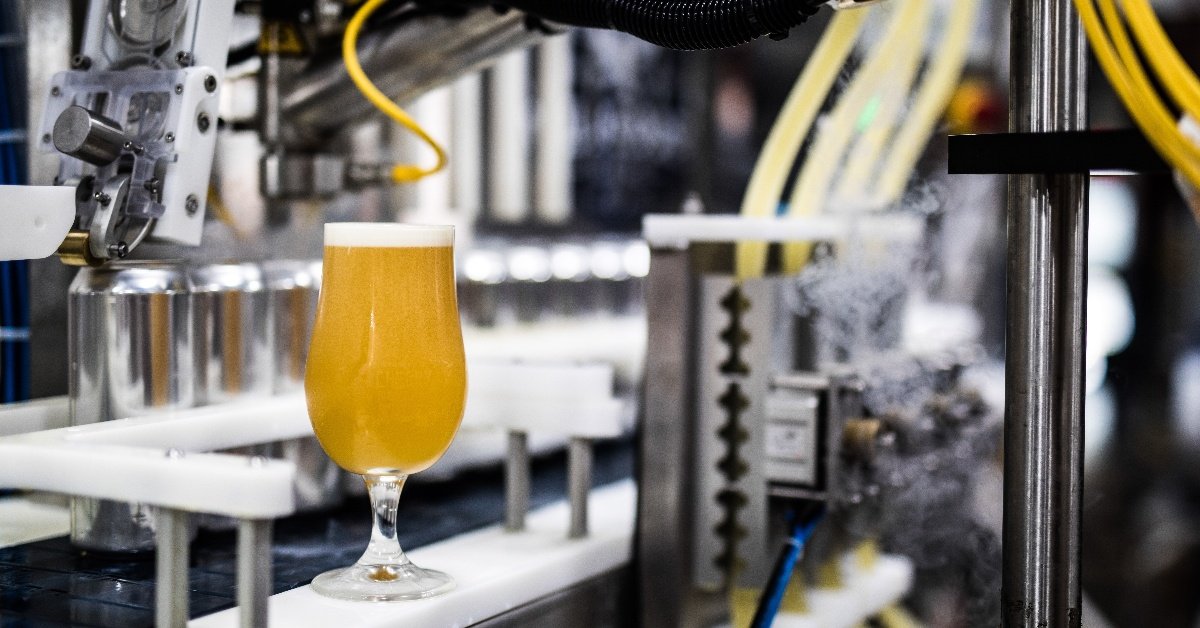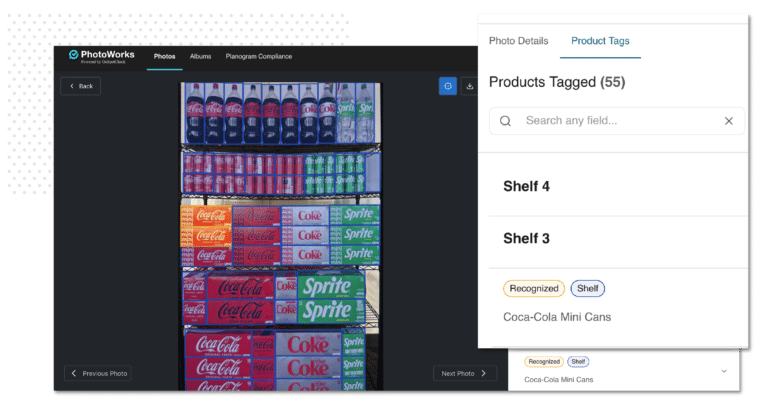It’s a question even industry pros sometimes struggle to answer: what’s the difference between quality control and quality assurance? Many organizations use the terms interchangeably, but the truth is that they focus on very different parts of the quality process.
The most straightforward answer is that quality control (QC) is focused on ensuring the quality of products, while quality assurance (QA) is focused on ensuring the quality of the processes that make them. However, there’s much more to them than that brief explanation.
By the end of this article, you’ll be able to describe precisely how quality control and quality assurance are different, how they’re alike, and how they work together to make products better.
What does quality mean?
Let’s start by defining what quality actually means in this context. Unlike the definition Merriam-Webster’s dictionary provides, our version of quality doesn’t refer to “excellence.” Instead, it’s based on the expected needs of the customer.
Depending on what sort of product you make, you might have individual SLAs (service-level agreements) for each customer that describe the acceptable parameters for quality. Companies that make B2C (business-to-customer) products might have internal quality standards that are intended to provide the best value to retailers.
In both cases, quality is the combination of customer expectations and a reasonable cost-per-unit. No matter what you’re producing, the end result should satisfy your customers’ requirements while keeping costs low. That’s true for both quality control and quality assurance, so keep that in mind as we discuss each of those individually.
What is quality control?
ISO 9000:2015 defines quality control as the “part of quality management focused on fulfilling quality requirements.” Like we discussed above, quality requirements are not universally understood standards. They vary from company to company, and quality control is the process that ensures a product or service fulfills those unique standards.
Quality control is the inspection part of a quality management system, which involves examining, testing, and measuring a product or service against the desired outcome. Examining a finished (or nearly finished) product for defects is called a quality control inspection. The end result: the product is either accepted for passing the standard or rejected for failing it.
Like most types of inspections, quality control is focused on the tangible parts of a company’s offerings. The American Society for Quality (ASQ) notes that this concept might be foreign to companies whose services include little to no physical elements, but it can still include quality control of any physical products involved in providing the service.
What is quality assurance?
Quality assurance is the “part of quality management focused on providing confidence that quality requirements will be fulfilled.” Like the aim of quality control, the goal of quality assurance is to ensure that the unique standards of a product or service are met. Unlike quality control, quality assurance does this indirectly and doesn’t focus on the outcomes of individual products.
Quality assurance is the auditing part of a quality management system, which involves comparing actual conditions with requirements and reporting the results to management. The primary goal is to prevent defects from reaching customers by identifying where and how they occur. A QA audit might even involve inspection techniques, like measuring a product straight from the manufacturing line.
However, the audit would play no part in accepting or rejecting that product, and it would instead be used to evaluate the process and controls involved. It’s best to think of quality control as “under the jurisdiction” of quality assurance. While inspections and audits may use similar techniques to achieve their results, quality assurance is a big-picture process whose results influence how production and verification function.
How do QA and QC work together?
First, recall that QA and QC should not be used interchangeably. The same goes for quality audits and inspections, a difference which we covered in the previous section. They are distinctly different functions with similar goals that often utilize identical techniques.
Despite the name, quality assurance does not actually assure quality. Instead, it ensures the processes that assure quality are followed. Likewise, quality control does not actually control quality. It measures quality and accepts or rejects the outcome based on a specific standard. Quality assurance aims to prevent defects from entering the product lifecycle, and quality control catches the defects that inevitably occur.
Neither QA nor QC should operate in isolation, and both are critical to an effective quality management system. Each of them works in unison to create better products, keep costs low, and ensure customers are happy. Even if your product is an intangible service, there will be room to implement QC and QA on the people, processes, and tools you use to provide it.
How can I get the most out of QC and QA?
Don’t isolate QA and QC from each other, and don’t bolt them on as programs separated from your primary production. In a previous article, we described how traditional quality control often fails to integrate with the rest of the production process. Many companies are still using the Product-Out methodology, which focuses on rigid standards that are ignorant of the shifting market.
Don’t manually tie QA forms and QC data together—it’s a waste of time and effort. Integrate your quality management processes with a configurable mobile solution, and aggregate everything in a single, unified system. You’ll be able to leverage data from both QC inspections and QA audits with ease, providing faster response times and more meaningful improvements to your process.
Form.com specializes in turning disparate quality management programs into robust mobile solutions. We can help your organization keep up with the competition using intuitive dashboards, easy-to-use mobile forms, and custom workflows. Get in touch with a solutions expert today to learn how Form.com can create a unique solution to help your organization improve quality management.








